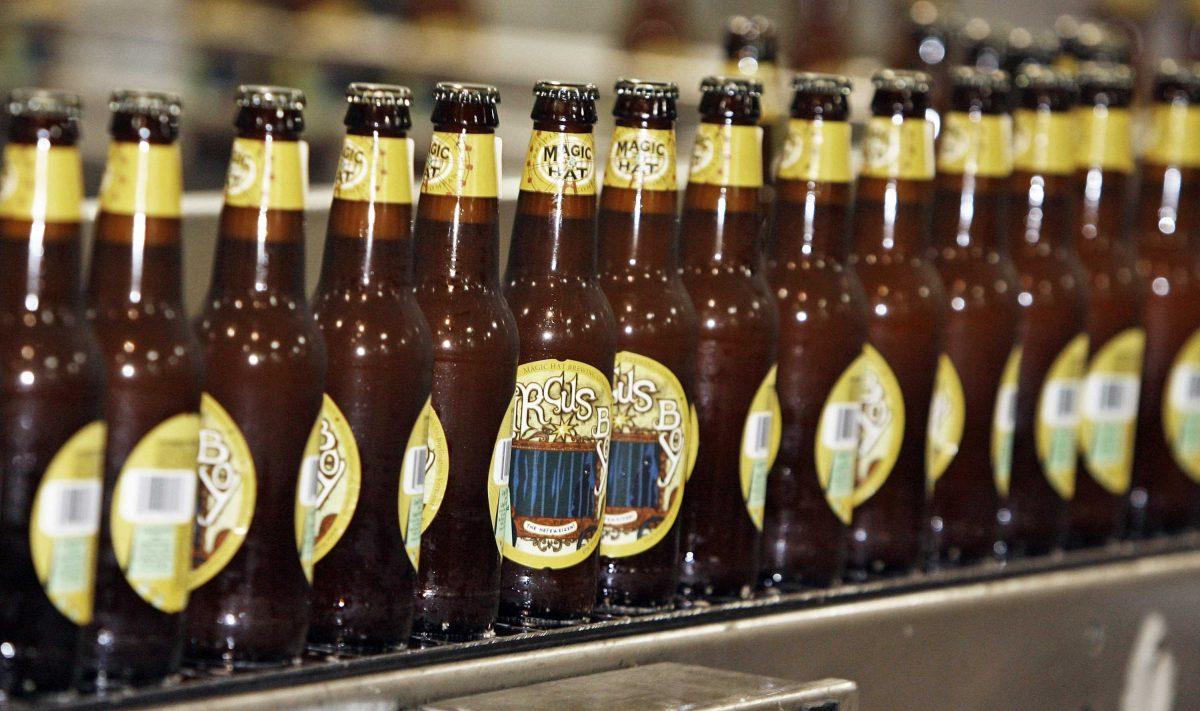As on most college campuses, the drinking culture has dominated student life outside of academics, and while no one wants to be the odd man out, nearly every group needs a designated driver for a night on the town.
Picture this: You’re the designated driver. You’re out with friends at a Tigerland bar. The summer heat is oppressive, the music is loud and the party is in full swing. Everyone around you is drinking, but you’re not.
Attempts at conversation with the increasingly intoxicated clientele become more and more difficult. There just isn’t much to do for sober students at bars like these. You find yourself becoming more bored by the minute — and then you hear it.
“C’mon, you can have just one drink! You’ll be fine to drive by the time we leave!”
Sound familiar? It’s the siren song for any DD, and as bars around campus fill up at the beginning of the semester, it’s an argument certain to be heard countless times in the next few months.
The worst part is they’re legally right.
For example, the average male college student can drink about three drinks in the first hour, and one for every hour after that, all the while being under the “legal” blood alcohol content limit of 0.08.
According to LSUPD Spokesman Capt. Cory Lalonde, that’s still dangerous.
“Just because you’re not over the limit of 0.08 doesn’t mean you’re not a danger,” Lalonde said.
The temptation to have a drink as the DD is very real, but a new recommendation by the National Transportation Safety Board could change that.
It has recommended that the legal BAC be lowered to 0.05, citing significant decreases in driving ability even at such low blood alcohol contents.
If the DUI limit was lowered as suggested, driving home after drinking a beer or two at dinner would be criminal. Worse, at 0.05 BAC, a party-hardened college student may still feel completely sober. According to Lalonde, an alcoholic won’t necessarily show the same signs of intoxication as a non-alcoholic or first time drinker.
The threat of breaking a law as serious as driving while intoxicated — without actually knowing you are intoxicated — would quickly become a reality for many.
However, that fear may be exactly what is needed. If there is a serious risk of DUI from even a couple drinks, the incentive to have just one or two disappears. The road would be a safer place, but perhaps more importantly, those that chose to drive to the bars would have an easier decision in front of them.
While the proposal hasn’t yet gained serious attention from state or federal legislators, the 0.05 BAC limit is already law in much of Canada and Western Europe and has been shown to be effective. The European Union, for example, has seen their alcohol-related driving fatalities drop by half since implementing the lower BAC limit in combination with more enforcement and other measures, according to USA Today.
The last time the DUI limit in the US was lowered — from 0.10 to 0.08 — the process took more than 20 years for all states to begin enforcing it. Dropping it down to 0.05 won’t happen overnight either.
Lowering the DUI limit would be a scary thing, but for designated drivers, it could be a big weight off their shoulders.
Robert Klare is a 22-year-old civil engineering senior from New Orleans.





